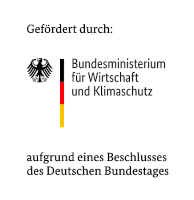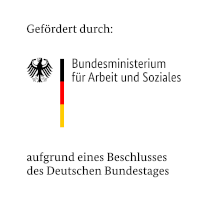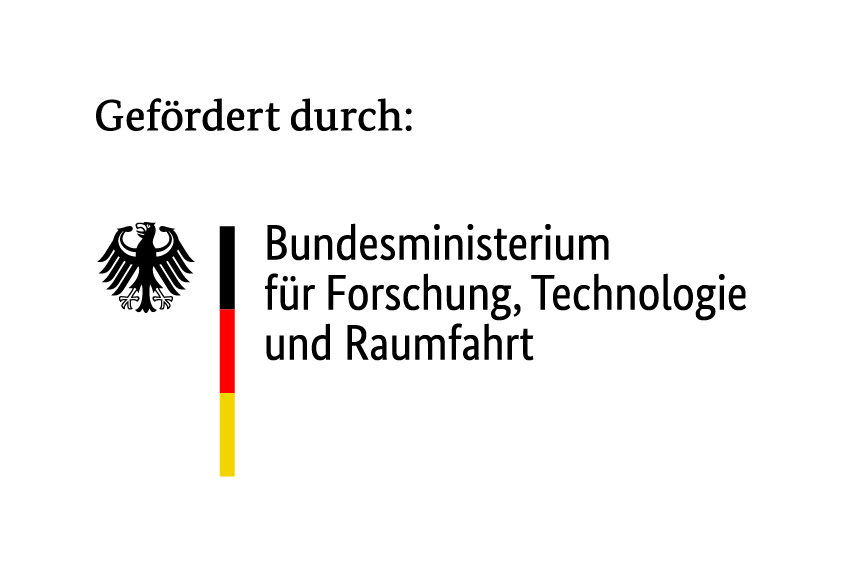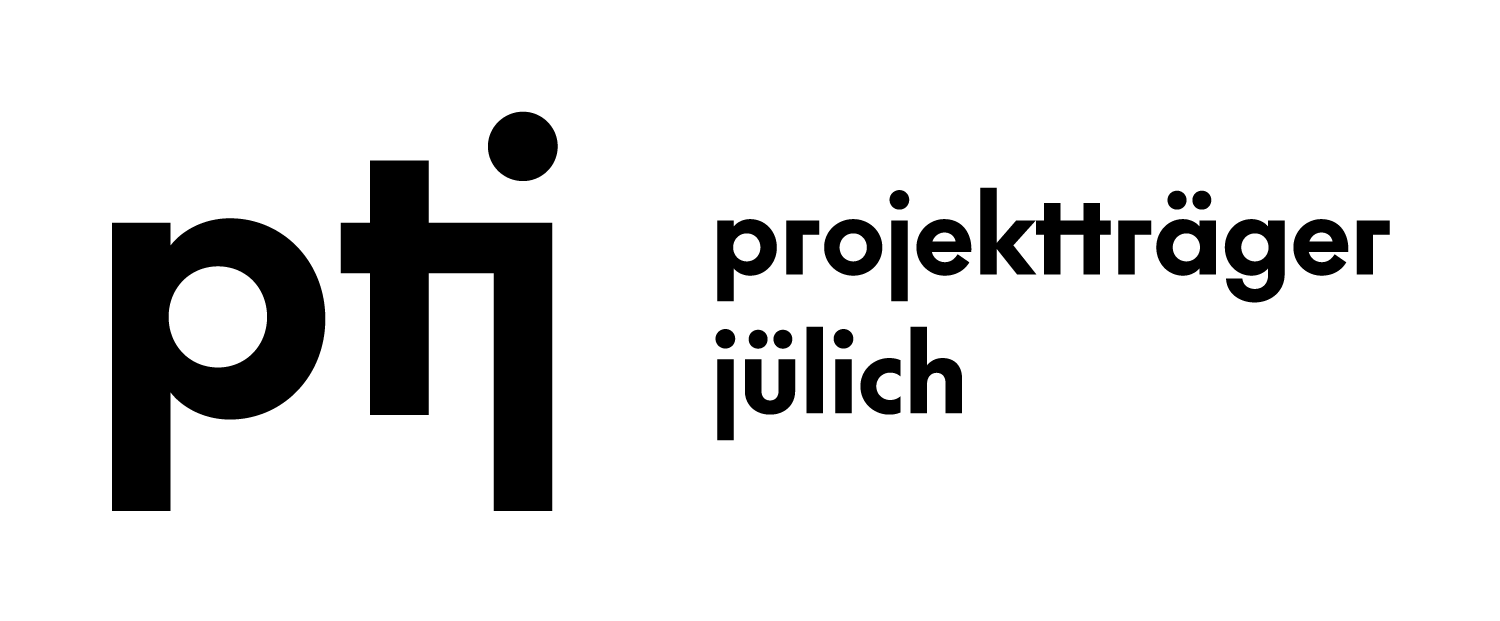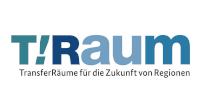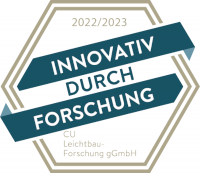Hydrogen plays a decisive role in the transition to sustainable mobility and is seen as a key building block on the road to climate neutrality. Innovative fibre composites are essential for storing hydrogen, as they optimize both the specific volume and the weight of the tanks. At the CU Innovation Day on September 19 and 20, 2023, around 40 participants discussed the latest developments in this field, accompanied by top-class presentations and an interactive innovation workshop.
Hydrogen is seen as a crucial building block on the road to climate neutrality in Europe and Germany. With zero emissions during use and a wide range of applications in the transport sector, from heavy goods vehicles to passenger cars, hydrogen promises to play a key role in the transition to sustainable mobility. However, the storage of this lightweight element requires solutions that are designed for high pressures or cryogenic conditions. The weight of the storage solutions plays a decisive role here. This is where fiber composites come in, which are essential not only for the tanks themselves, but also for the seamless integration of the entire hydrogen drive system. The success of the use of hydrogen in the mobility sector is already evident today. Hydrogen drives are gaining ground, particularly in the area of local public transport and logistics. Hydrogen-powered buses and trucks are already in use in various cities and are making a significant contribution to reducing emissions.
At the CU Innovation Day on 19 and 20 September 2023, organized by the two CU clusters CU Nord and MAI Carbon, innovations and trends in the field of hydrogen and fiber composites were presented on the first day at the host Voith Composites in Garching. CU Executive Committee member Anna Pointner and CEO of Voith Composites warmly welcomed the participants and gave insights into the hydrogen efforts at the host company, followed by eight high-caliber presentations from the Technical University of Munich, the University of the Federal Armed Forces, CTC GmbH, Cevotec, COTESA, KVB gGmbH, Conbility GmbH, the Technical University of Berlin and SGL Technologies GmbH. These covered the entire spectrum from tank development and design to automated production processes and materials for H2 systems as well as test procedures. A particular highlight was the guided tour of Voith Composites’ modern composite production lines for the manufacture of components for the automotive sector – with a special focus on H2 pressure tanks.



The participants rounded off the evening at the traditional “Oidn Wiesn” Oktoberfest in Munich. A relaxed and open atmosphere in the traditional tent with Bavarian delicacies made for a successful end to the first day.
On the second day, a half-day workshop was held at the Fraunhofer IGCV’s Green Factory in Augsburg. In a World Café format, the topics of tank development and optimization, test procedures, components outside the tank and material developments for overall H2 systems were discussed intensively. The variety of ideas promises great potential for future projects.
The results of these discussions were prepared by the CU and made available to all participants. The CU will also support networking opportunities for future projects.
This CU Innovation Day impressively confirmed that hydrogen is the key to green mobility. There is a wealth of expertise and knowledge carriers in both the north and south of Germany who are working together in the CU Nord network to create a sustainable future. The CU is already planning further exciting events on this topic.
“The success of the event is due to the dedicated host, the support of our CU working group “Lightweight design for hydrogen systems”, the well-organized supporting programme and the motivated speakers and participants,” said Dr Bastian Brenken (Managing Director of CU Nord), summing up the event. Sven Blanck, Managing Director of MAI Carbon, added: “I was particularly impressed that the participants came from all over Germany to discuss this extremely important topic here in the south.





